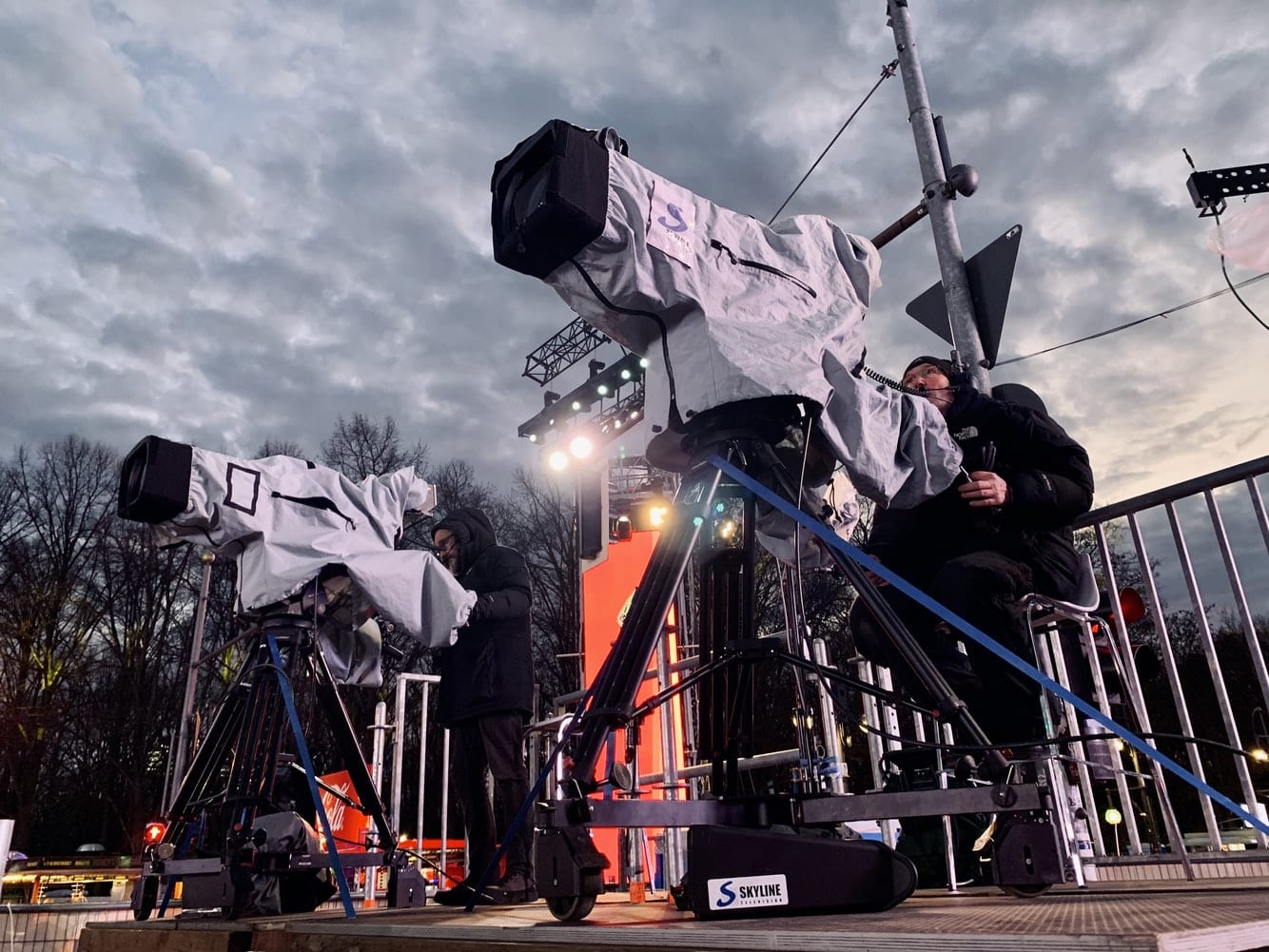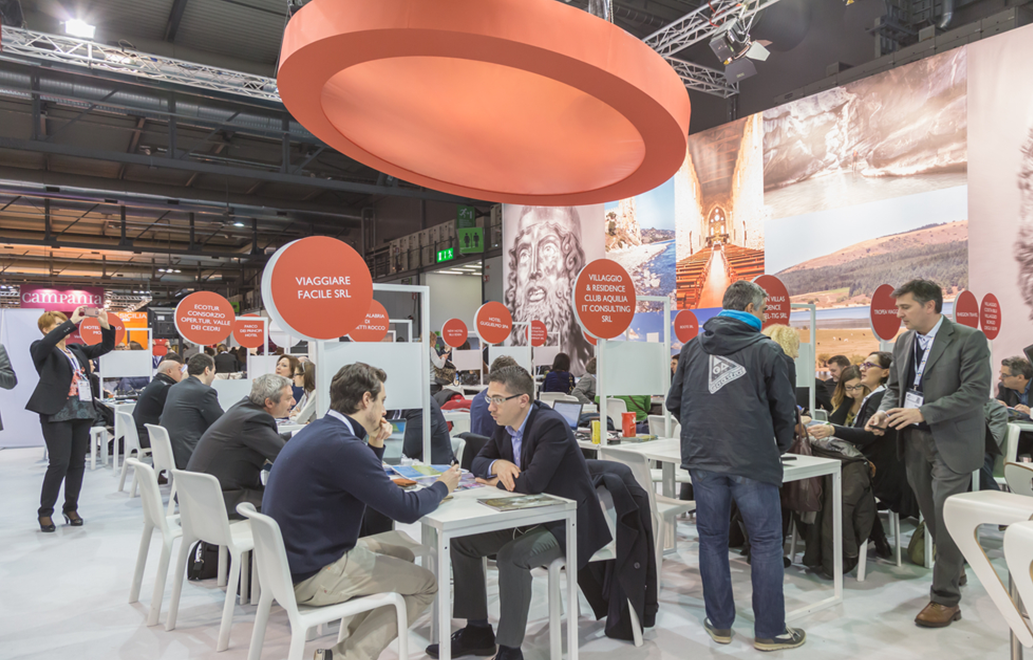Event production charlotte’s approach to multi-sensory experiences
How Event Production Works: A Comprehensive Take A Look At the Process
Event production is a complex and structured process that requires mindful planning and execution. It begins with developing clear purposes and recognizing the target audience. Each step, from budgeting to location choice, plays an important function in making sure success. As the procedure unravels, numerous components need to line up seamlessly. Yet, the subtleties of this elaborate procedure frequently go undetected. What are the vital phases that add to an unforgettable event?

The First Drawing Board
When starting on event production, mindful planning is necessary to ensure a successful result. The preliminary preparation phase functions as the foundation for all succeeding initiatives. During this stage, event producers should specify the event's function and purposes plainly. Determining the target audience assists tailor the experience and messaging, guaranteeing relevance and engagement.Producers should additionally think about the event format, whether it be in-person, digital, or hybrid, as this will affect numerous logistical aspects. Choosing an ideal day and place is essential, as it affects access and availability.Furthermore, constructing a reputable group is basic for splitting obligations and streamlining interaction. Establishing a timeline with milestones guarantees all jobs are finished on time. This stage includes detailed study, including identifying potential challenges and devising techniques to alleviate threats. Ultimately, a well-structured initial planning phase sets the tone for a successful event production trip.

Budgeting and Source Allocation
In event production, efficient budgeting and resource allowance are vital for success - event production charlotte. Establishing monetary specifications sets the structure for all succeeding choices, while resource distribution approaches assure that every part of the event is effectively sustained. Together, these components help preserve control over expenses and optimize making use of offered sources
Developing Financial Parameters
Establishing monetary specifications is crucial to the success of any event production, as it establishes the structure for effective budgeting and resource appropriation. This process begins with defining the total budget, which incorporates all facets of the event, consisting of venue prices, event catering, and advertising and marketing. By recognizing available funds, event coordinators can prioritize expenses and designate sources as necessary. In enhancement, it is necessary to conduct thorough market research to prepare for potential costs and recognize financing sources, such as sponsorships or ticket sales. Establishing clear monetary parameters also aids in danger administration, enabling planners to establish aside backup funds for unexpected costs. Eventually, a well-defined spending plan functions as a roadmap, guiding the event production team in the direction of attaining their objectives while keeping economic control.
Resource Distribution Strategies
Effective source distribution techniques are crucial for maximizing the effect of an event while sticking to budget plan constraints. Effective event production calls for a meticulous approach to budgeting and source allowance. Planners should focus on crucial aspects such as location, wedding catering, and technology, making certain that funds are allocated to areas that improve guest experience. A thorough spending plan must detail expected costs and determine locations for prospective expense financial savings, such as bargaining with vendors or discovering sponsorship possibilities. Furthermore, tracking expenditures throughout the preparation process assists stop overspending. By utilizing critical source circulation, event producers can provide an unforgettable experience while maintaining fiscal responsibility, ultimately adding to the general success of the event.
Venue Option and Logistics
Choosing the best location is necessary to the success of any type of event, as it sets the phase for the total experience. Venue selection entails reviewing various variables, consisting of capacity, ease of access, and place. Planners need to take into consideration the target audience and the nature of the event, ensuring the place straightens with the event's goals.Logistics play a considerable duty in this process, entailing arrangements for seats, audiovisual equipment, and catering solutions. An appropriate venue needs to help with smooth circulation for participants and personnel, boosting engagement.Additionally, assessing potential venues for amenities like car parking, toilets, and emergency leaves is essential for safety and security and convenience. The timeline for securing the location is likewise vital, as popular areas might reserve swiftly - event production charlotte. Complete preparation and timely execution can ultimately contribute to a seamless event experience, making place option and logistics fundamental elements of successful event production.
Imaginative Principle Growth
While the place establishes the physical stage, imaginative concept advancement shapes the event's identification and narrative. This process begins with recognizing the event's function and target audience, enabling event manufacturers to develop a compelling theme that reverberates with participants. Conceptualizing sessions commonly consist of diverse perspectives, fostering ingenious concepts that line up with the event's goals.Once a theme is developed, visual aspects such as shade schemes, signs, and decoration are developed to boost the general atmosphere. Narration methods may additionally be integrated to produce an engaging journey for individuals, guaranteeing a remarkable experience. In addition, considerations relating to home entertainment, tasks, and interactive elements are aligned with the chosen idea, enhancing the motif throughout the event.Ultimately, efficient innovative concept growth guarantees that every aspect of the event functions cohesively, leaving a long browse around this web-site lasting impact on guests and meeting the event's objectives. This foundational work lays the foundation for subsequent planning and implementation stages.
Collaborating With Vendors and Providers
Effective event production hinges on reliable cooperation with suppliers and suppliers. Picking reputable partners, discussing agreements effectively, and making certain prompt deliveries are critical action in this procedure. Each of these variables adds considerably to the overall success and smooth implementation of an event.
Choosing Reliable Partners
Exactly how can event organizers guarantee a smooth production experience? Choosing dependable partners is necessary in achieving this objective. Event planners should carry out thorough study to recognize suppliers and providers with a tested performance history of quality. This consists of examining referrals, assessing portfolios, and reviewing customer comments. Planners ought to focus on companions who demonstrate professionalism, prompt interaction, and a willingness to work together. Structure solid relationships fosters depend on and makes it possible for quick problem-solving during the event. In addition, it is advantageous to select regional suppliers that recognize the venue and regional logistics. Eventually, a successful event pivots on the harmony in between organizers and their partners, ensuring that every aspect of production runs smoothly and effectively.
Negotiating Agreements Properly
Effective negotiation of contracts have a peek at this website is a crucial action in the partnership between event coordinators and their suppliers and distributors. This process includes clear communication of assumptions, deliverables, and timelines. Organizers need to perform extensive research study on market rates and market criteria to establish a standard for arrangements. It is very important to produce a collective environment, encouraging open discussion regarding terms, rates, and potential backups. Planners ought to likewise focus on comprehending the vendor's abilities and restrictions to align their demands successfully. Adaptability can cause mutually useful agreements, cultivating long-lasting relationships. Crafting distinct contracts that consist of certain performance metrics can aid ensure liability, eventually leading to effective event execution and satisfaction for all celebrations involved.
Making Certain Timely Distributions
Timely shipments are important for the smooth implementation of any type of event, calling for persistent cooperation between organizers and their vendors and vendors. Effective communication is essential, as it assists develop clear assumptions concerning distribution schedules, quantities, and specific needs. Coordinators frequently produce detailed timelines to detail critical turning points, making certain all parties continue to be aligned throughout the procedure. Regular check-ins with vendors can aid identify prospective hold-ups early, enabling positive remedies. Additionally, developing strong partnerships with reliable suppliers promotes depend on and liability, which can cause better service and prioritization. By prioritizing these collaborative efforts, coordinators can decrease disturbances, thereby enhancing the general effectiveness of event production and making sure that all essential products and services arrive as intended.
Advertising And Marketing and Promo Strategies
While arranging an occasion, the success of advertising and promotion strategies can greatly affect participation and engagement. Reliable methods typically include a mix of electronic advertising, conventional advertising and marketing, and grassroots outreach. Making use of social networks platforms allows for real-time communication and targeted advertising and marketing, getting to particular demographics successfully. Email advertising campaigns can further engage potential participants with customized content and reminders.Collaborations with influencers or sector leaders can likewise improve integrity and expand reach. Creating engaging material, such as video clips or blog sites, aids to produce buzz and endure interest leading up to the event. Furthermore, leveraging early-bird price cuts and exclusive benefits can incentivize ticket purchases.Promoting via conventional networks, such as posters visite site or neighborhood media, remains appropriate, specifically in community-focused occasions. An extensive strategy that integrates several approaches guarantees maximum exposure and involvement, inevitably adding to the event's success and the creation of a memorable experience for guests.
On-Site Execution and Administration
On-site implementation and monitoring are important elements that figure out the total success of an occasion. Effective coordination during the event ensures that all components straighten with the intended schedule. Event supervisors oversee logistics, including vendor coordination, equipment setup, and guest services. Checking timelines and resolving any unexpected issues are fundamental for maintaining a seamless experience.The personnel plays a considerable function, as experienced employees are responsible for various tasks such as registration, info circulation, and technological assistance. Interaction amongst employee is critical; it fosters a collective setting and allows fast resolution of challenges.Additionally, security procedures need to be followed, protecting the well-being of all attendees. Post-event assessments are likewise component of on-site management, supplying insights for future improvements. By concentrating on these elements, event manufacturers can produce remarkable experiences that satisfy or surpass guest assumptions while achieving the event's objectives.
Often Asked Inquiries
How Do I Pick the Right Event Motif?
Selecting the ideal event theme involves considering the target audience, event purpose, and place. Investigating present fads and collecting input from stakeholders can likewise influence imaginative concepts that resonate and develop a remarkable experience.

What Are Common Mistakes in Event Production?
Usual errors in event production typically include insufficient planning, poor communication amongst staff member, spending plan mismanagement, overlooking to think about the target market's needs, and falling short to carry out a comprehensive post-event evaluation for future renovations.
How Can I Gauge Event Success?
To measure event success, one can examine attendee contentment, interaction degrees, spending plan adherence, and post-event responses. Trick performance signs, such as ticket sales and social media sites interactions, additionally provide useful understandings into general performance.
What Should I Do if It Rains on the Event Day?
In case of rainfall on the day, the organizer ought to apply contingency plans, such as protecting outdoors tents or moving activities inside your home. Interaction with attendees about modifications is necessary to guarantee a smooth experience in spite of climate obstacles.
How Can I Guarantee Participant Engagement Throughout the Event?
